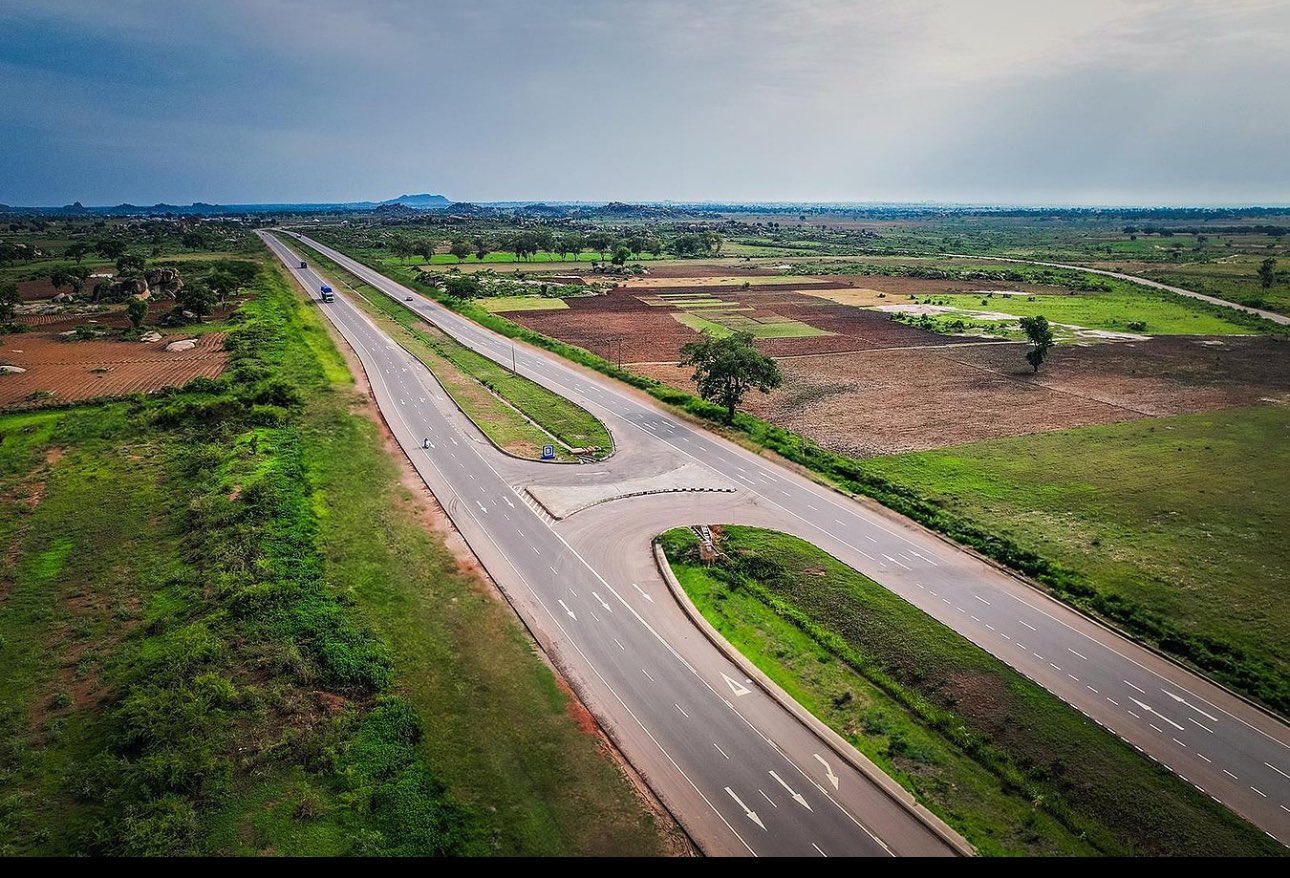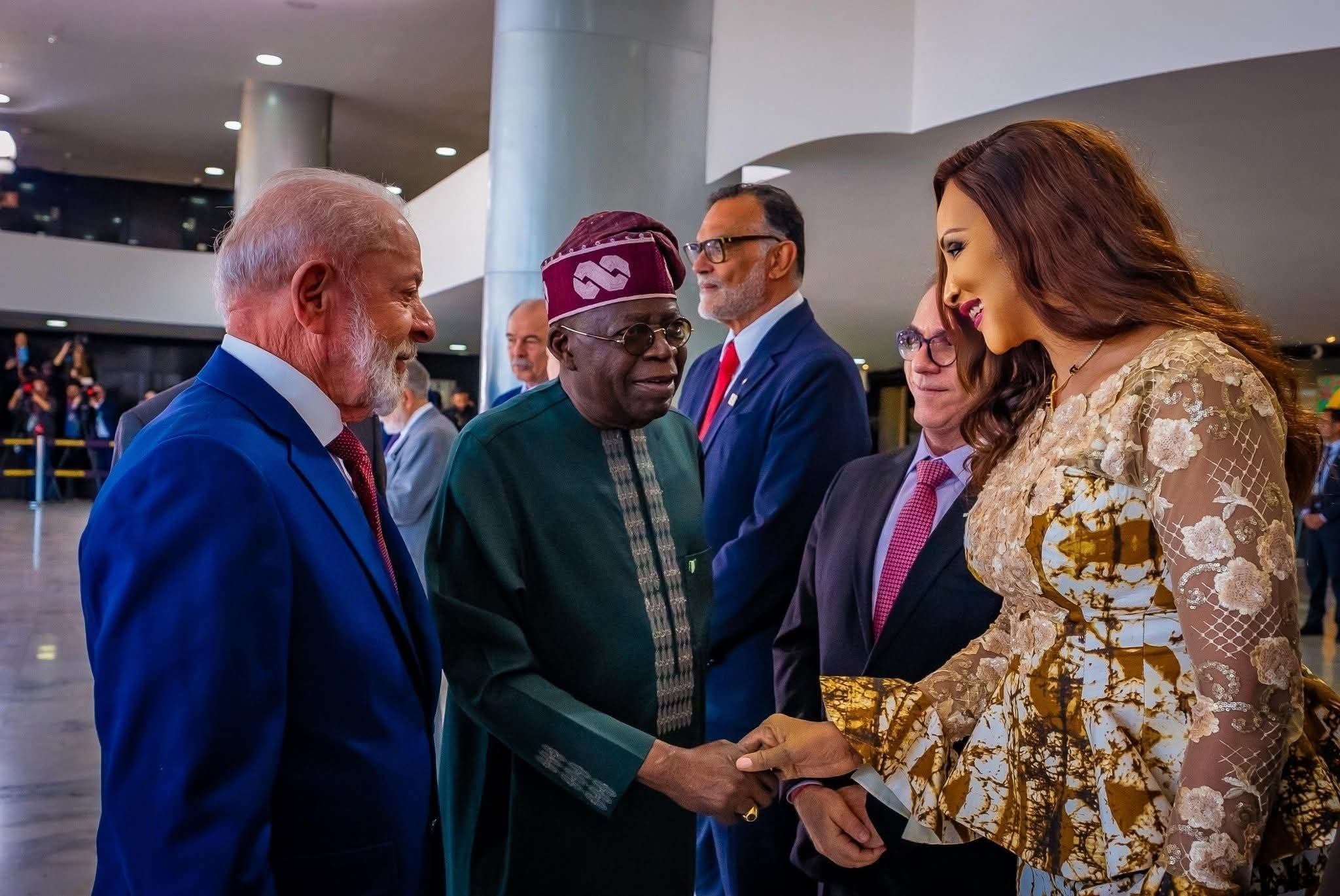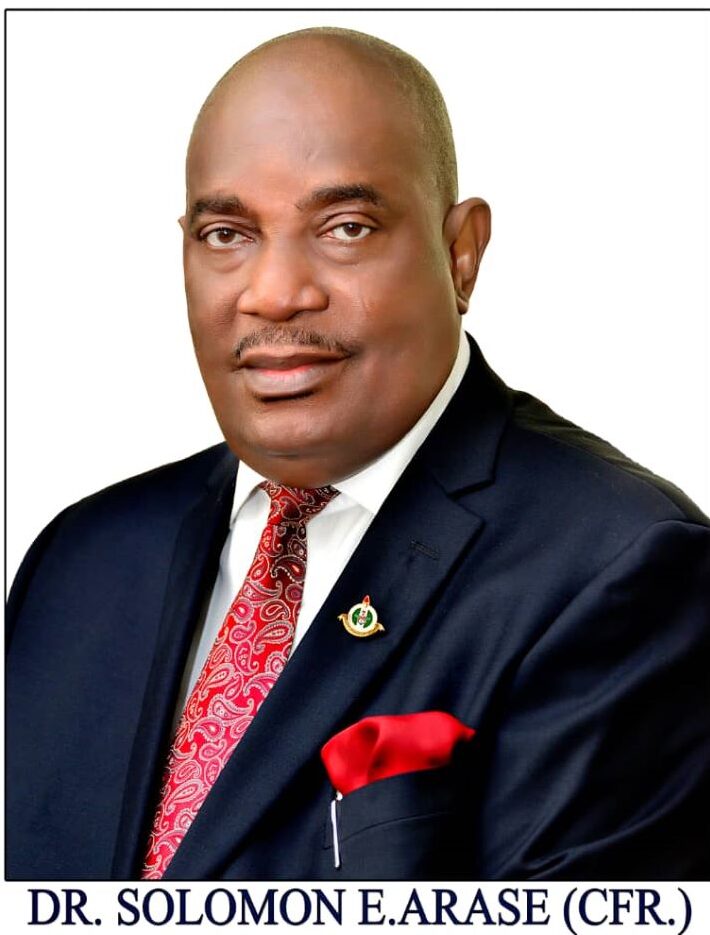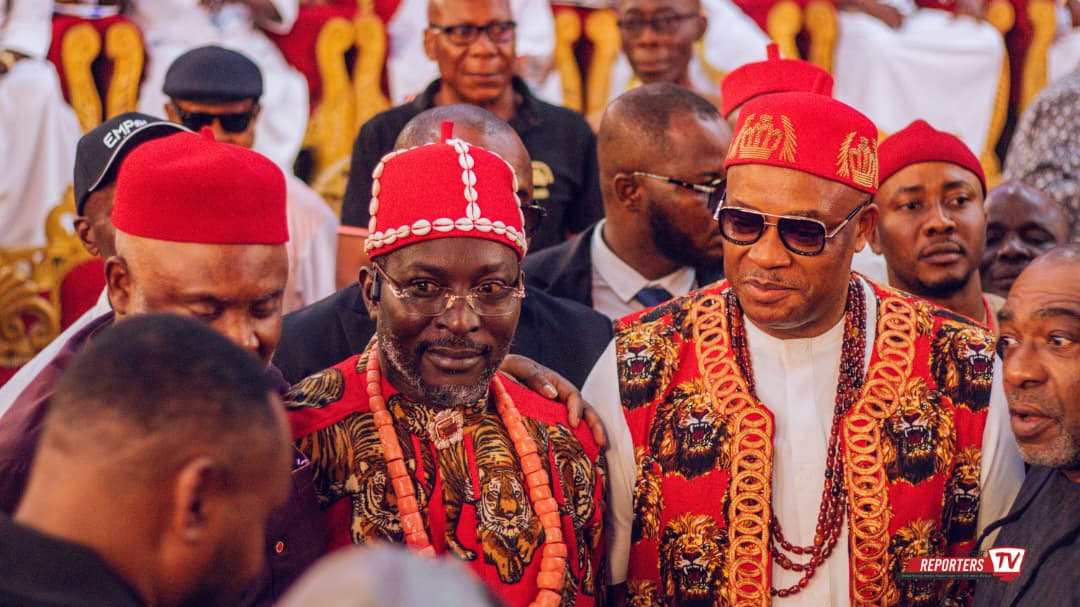EMMANUEL PETER ADAYEHI
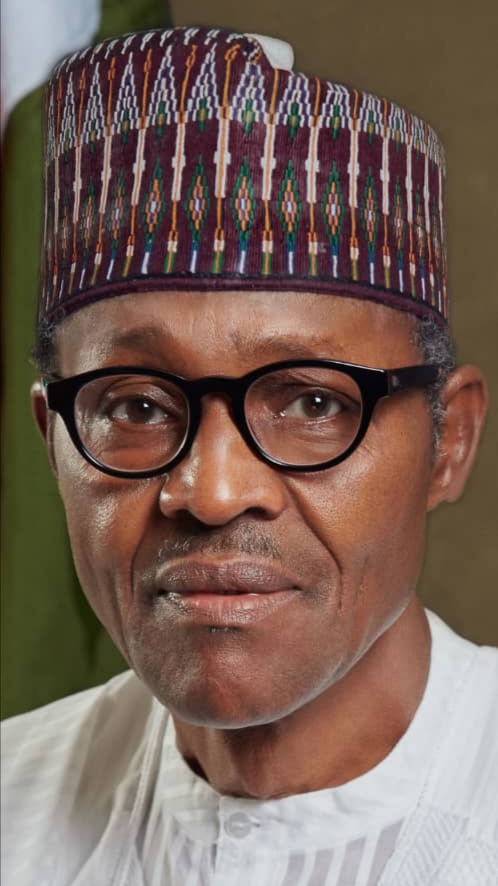
July 14, 2025, marks a significant day in Nigerian history, as the nation mourns the passing of Muhammadu Buhari GCFR (1942-2025), a leader whose life was characterized by discipline, silence, and unwavering commitment to reform. As a military head of state (1983-1985) and later as a civilian president (2015-2023), Buhari left an indelible mark on Nigeria’s political landscape.
Military Leadership (1983-1985).
Buhari’s military regime introduced the War Against Indiscipline (WAI) and Corruption, a bold initiative aimed at shaping Nigeria’s leadership style and promoting national discipline. Although his tenure was cut short by the August 1985 coup led by General Ibrahim Babangida, Buhari’s efforts to combat corruption and indiscipline remain a notable aspect of his legacy.
Civilian Presidency (2015-2023).
After three unsuccessful attempts at the presidency, Buhari emerged victorious in 2015, inheriting a country beset by economic challenges, insecurity, and widespread corruption. Despite these daunting challenges, Buhari demonstrated perseverance and commitment to reform, leveraging his military background to drive change.
Key Achievements
1. _Anti-Corruption Efforts_: Building on his WAI initiative, Buhari’s administration continued to fight corruption, albeit with mixed results.
2. Economic Reforms: Buhari’s government implemented various economic reforms, including efforts to diversify the economy and promote private sector growth.
3. Security: Buhari’s leadership addressed security challenges, including the Boko Haram insurgency, although the effectiveness of his approach remains a subject of debate.
4. Education and Healthcare: As Petroleum Chairman of the PTDF, Buhari supported university education, providing healthcare programs, educational resources, and infrastructure development.
Legacy
Muhammadu Buhari’s legacy is complex, reflecting both the strengths and limitations of his leadership style. As a military leader and statesman, he demonstrated discipline, dedication, and perseverance. His commitment to reform, though not always successful, has inspired a new generation of Nigerians.
Conclusion
As Nigeria remembers Muhammadu Buhari, his contributions to the nation’s development, particularly his War Against Indiscipline and Corruption, will endure. While his presidency was marked by challenges and controversies, Buhari’s legacy serves as a reminder of the importance of leadership, discipline, and commitment to reform.
Rest in peace, President Muhammadu Buhari. Your impact on Nigeria’s history will be felt for generations to come.
Sincerely,
Emmanuel Peter Adayehi


